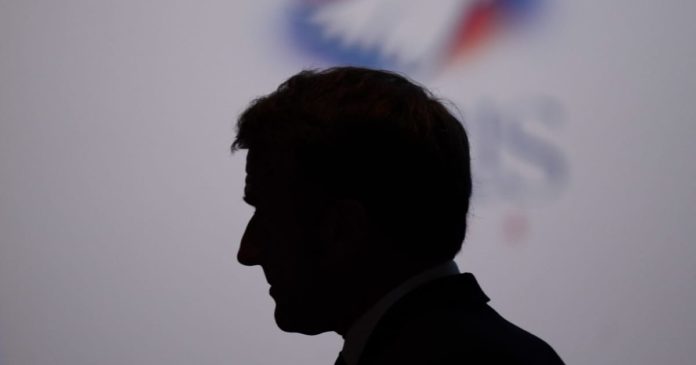Parliamentary backlash
When the Senate delivered its first blow to CETA, it forced then-Prime Minister Gabriel Attal to quickly embark on a damage-control mission to reassure Ottawa that France still backed the deal.
Attal is now gone, and in his place is Michel Barnier — a member of the right-wing Les Républicains, a party that played a decisive role in voting down the trade pact in the Senate.
Macron’s opponents, including Les Républicains, wanted to follow up their first strike against CETA with a vote in the more powerful lower house of the French legislature, the National Assembly. The previous government refused to bring the issue to a vote and instead proposed delaying discussions until after the European election in June.
After the far-right National Rally triumphed at the EU vote, Macron called a snap parliamentary election which resulted in a hung parliament with no clear majority. It did, however, return more protectionists to the National Assembly, meaning that the EU-Canada trade deal would have little or no chance of surviving a parliamentary vote.
This time, instead of defending the deal, the French government — led by Barnier, Genevard and Primas — could join the chorus of CETA opponents and try to bring it down.
That is despite the fact that, in the EU, the bloc’s 27 member countries delegate responsibility for trade policy to its Brussels-based executive. Seventeen have already ratified CETA — which means that France, even if it wanted to overturn the deal, would likely fail in the face of the overwhelming pro-deal majority.


